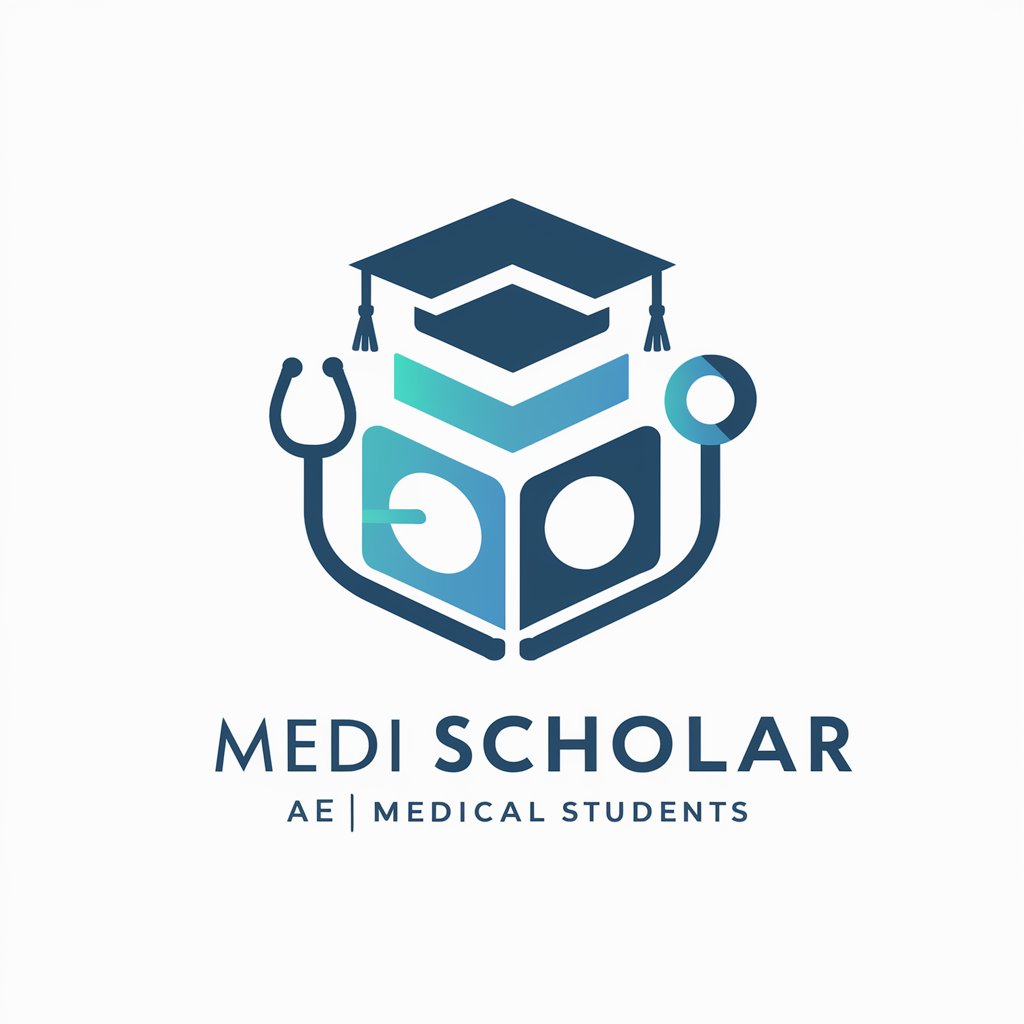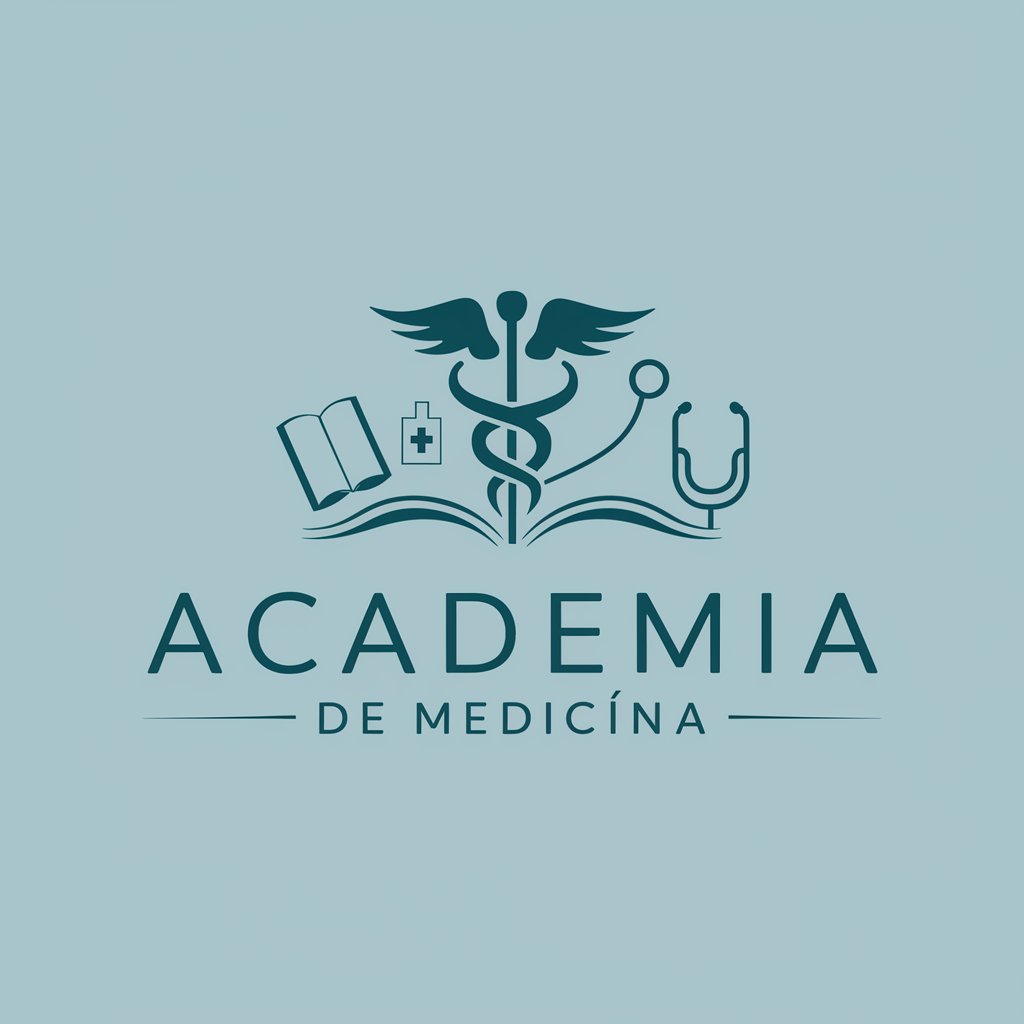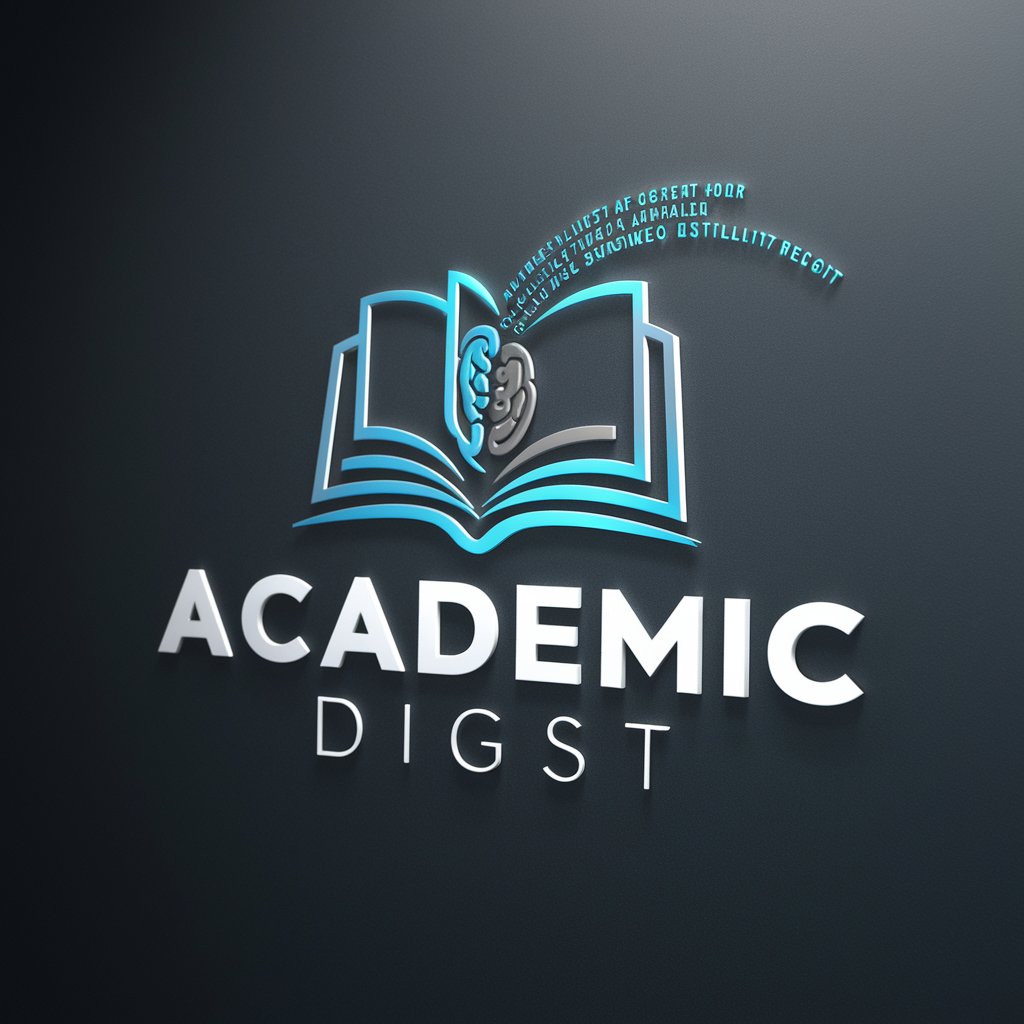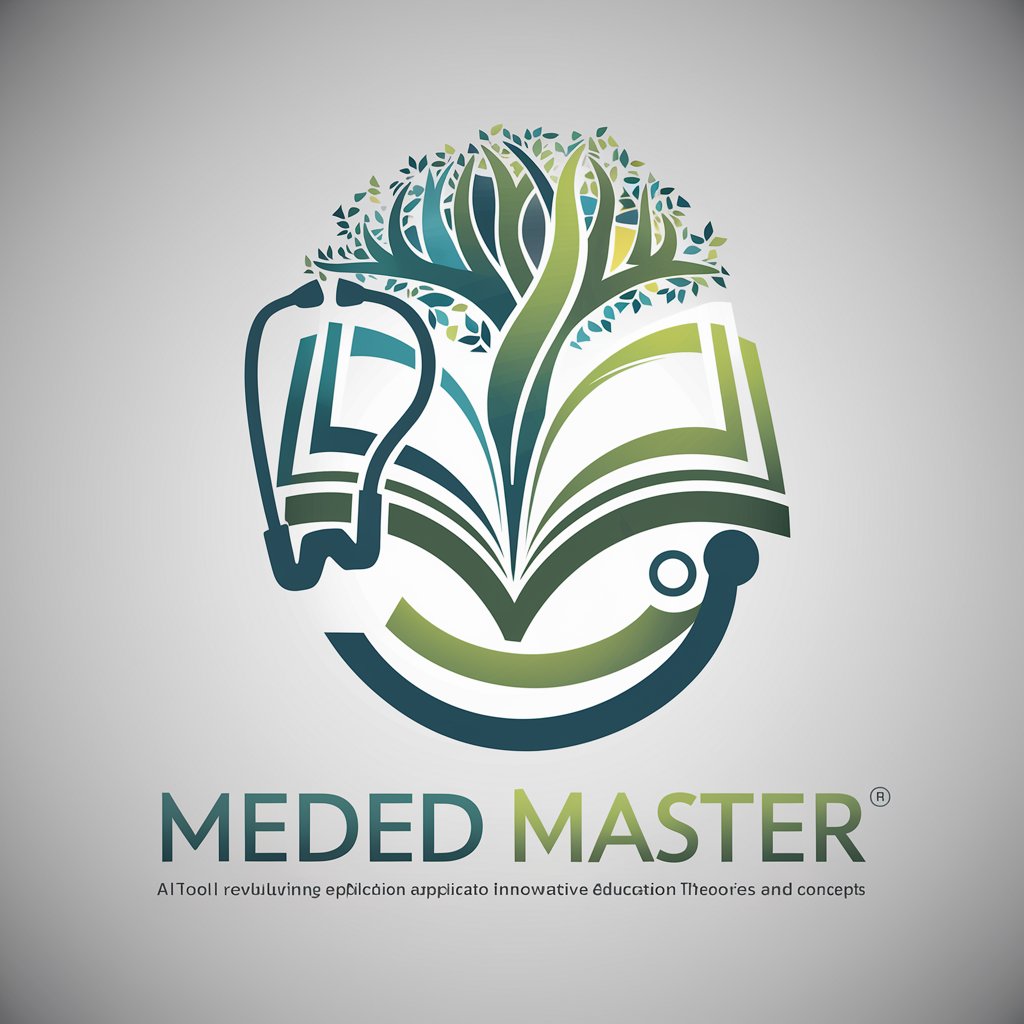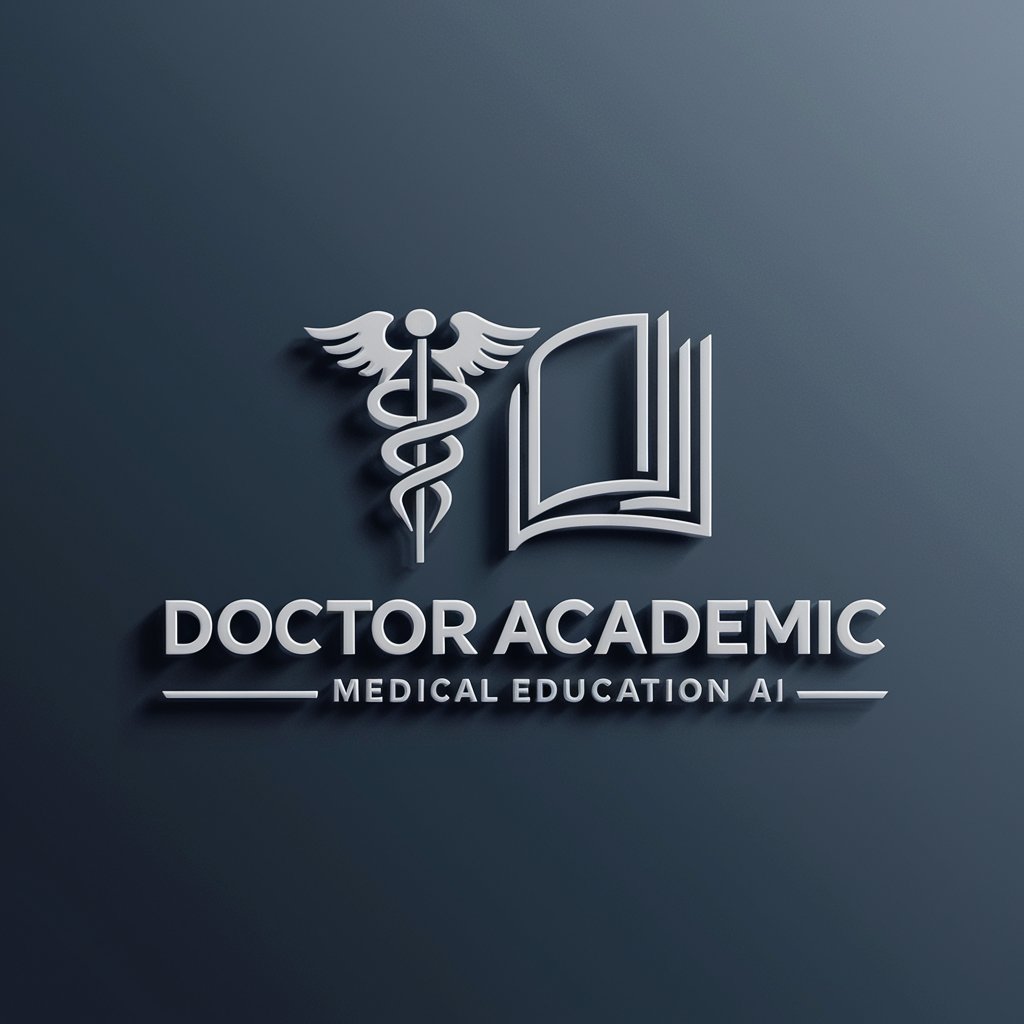
Academic Medicine - medical insights for professionals

Welcome to Academic Medicine, your resource for detailed medical information. How can I assist your study or practice today?
AI-powered medical resource for clinicians
What are the causes and symptoms of pancreatitis?
Get Embed Code
Introduction to Academic Medicine
Academic Medicine is a specialized field that merges medical education, clinical practice, and research with a focus on advancing the understanding of medical science and improving healthcare delivery. It encompasses institutions such as medical schools, teaching hospitals, and research institutes where the aim is to educate future physicians, conduct cutting-edge research, and provide clinical care. The design of Academic Medicine revolves around the integration of teaching, patient care, and research. For example, in a teaching hospital, medical students and residents receive hands-on training under the supervision of experienced faculty while participating in patient care and clinical trials. This interaction ensures that the latest medical knowledge is applied in real-world scenarios, contributing to both learning and patient outcomes. Powered by ChatGPT-4o。

Main Functions of Academic Medicine
Medical Education
Example
In academic medical centers, students and residents participate in rounds, where senior physicians lead discussions on patient cases, teaching diagnostic reasoning and treatment planning.
Scenario
A medical student on an internal medicine rotation follows a cardiologist during patient rounds. The student is quizzed on differential diagnoses and treatment options for a patient with heart failure, learning practical clinical skills alongside theoretical knowledge.
Clinical Research
Example
Academic Medicine institutions often run clinical trials to test new drugs or treatments, contributing to medical advancement.
Scenario
A teaching hospital partners with a pharmaceutical company to conduct a randomized controlled trial on a new cancer drug. Residents and fellows assist in patient enrollment and data collection, while learning about the latest treatment protocols.
Patient Care
Example
Physicians in academic settings often handle complex cases, bringing multidisciplinary expertise to treat rare or difficult-to-diagnose conditions.
Scenario
A patient with a rare autoimmune disease is referred to an academic medical center, where a team of specialists—rheumatologists, immunologists, and internal medicine physicians—work together to develop an innovative treatment plan based on the latest research.
Mentorship and Professional Development
Example
Faculty members in Academic Medicine mentor students, residents, and junior physicians, guiding them in research, clinical skills, and career development.
Scenario
A surgical resident is paired with a senior surgeon who helps them develop technical skills in the operating room, while also advising on academic research projects and career trajectory.
Policy and Health Systems Leadership
Example
Academic Medicine often influences health policy by producing research that informs public health decisions and medical guidelines.
Scenario
Researchers at an academic center publish a landmark study on the cost-effectiveness of preventive care in diabetes, which is then used by policymakers to allocate healthcare resources more efficiently.
Ideal Users of Academic Medicine Services
Medical Students and Residents
These individuals benefit from the educational and training opportunities offered by academic institutions, including hands-on patient care, access to experienced faculty, and exposure to the latest research. The structured learning environment ensures that they gain both clinical and research expertise.
Physician Scientists
Physicians who are also researchers rely on academic institutions for resources to conduct clinical trials and basic research. These individuals often split their time between patient care and research, using the academic setting to further medical knowledge and develop new treatments.
Specialist Physicians
Specialists in fields such as oncology, cardiology, or neurology often work in academic settings to treat complex cases that require a multidisciplinary approach. They benefit from collaborating with other experts, teaching residents, and conducting research that advances their specialty.
Healthcare Administrators and Policymakers
These users look to Academic Medicine institutions for data and research that guide health policy and system improvements. By leveraging findings from academic studies, they can shape healthcare delivery models, influence public health initiatives, and optimize resource allocation.
Patients with Complex or Rare Conditions
Patients who require advanced or specialized care often seek treatment at academic medical centers, where they can access the latest treatments and benefit from multidisciplinary teams of experts who are at the forefront of medical innovation.

How to Use Academic Medicine
Visit yeschat.ai for a free trial
Go to yeschat.ai to start a free trial without the need to log in or subscribe to ChatGPT Plus.
Explore medical resources
Browse through comprehensive medical texts, journals, and studies relevant to clinical practice, academic research, or board exam preparation.
Search for specific queries
Use the search function to look up information on a particular disease, treatment, or research topic. This allows you to quickly access detailed and specific medical content.
Use case-specific guidance
Leverage features tailored for specific needs like academic writing, exam preparation, or clinical decision-making to find structured answers.
Stay updated with the latest research
Regularly check for updates on emerging research, clinical trials, and new treatment modalities. This keeps you informed of the latest advancements in medicine.
Try other advanced and practical GPTs
Crossword Crafter
AI-powered crossword puzzle creator

CF Workers Pro
AI-powered Cloudflare Workers tool for seamless development

Business Presentation
AI-powered presentation tool for impact

Convex Optimization Prof
AI-powered tool for convex optimization mastery.

Stat Helper
Your AI-powered guide to mastering statistics

Analog IC Mentor
AI-powered analog IC design tool.

Academic scientific writer (medicine, biology)
AI-powered clarity for scientific writing

Packet Analyser
AI-powered insights for your network traffic

Guion videos cortos
AI-powered short video script creator

Imagen a Texto
AI-powered text extraction from images

de imagen a texto
AI-powered text extraction made easy

Tech Recruiter
AI-driven recruitment, smarter candidate assessments.

Academic Medicine FAQs
What resources does Academic Medicine provide?
Academic Medicine offers access to U.S. medical textbooks, peer-reviewed journals, medical monographs, and clinical guidelines, covering all aspects of medicine from basic sciences to specialties like cardiology, surgery, and radiology.
How can Academic Medicine help with board exam preparation?
It provides in-depth reviews of medical conditions, case-based learning, and comprehensive disease mechanisms to help students and physicians prepare for licensing and specialty board exams, such as USMLE or ABIM.
Can Academic Medicine be used for clinical decision-making?
Yes, it offers detailed information on pathology, treatment guidelines, and diagnostic reasoning that assists physicians in making evidence-based clinical decisions.
Is Academic Medicine updated with the latest medical research?
Absolutely. It integrates the latest research findings, clinical trials, and global medical innovations to keep users current with the evolving medical landscape.
Does Academic Medicine support academic writing?
Yes, it helps with citation, research synthesis, and finding relevant studies and articles, making it ideal for medical professionals engaged in research and publication.

